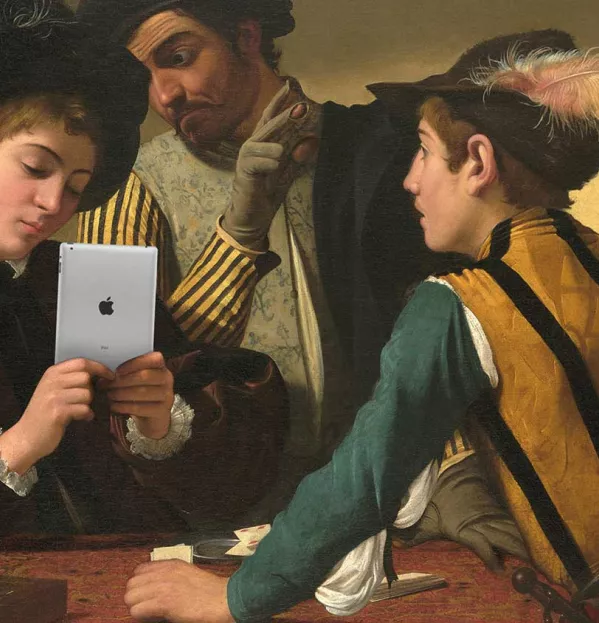Keep hold of those hardback books, refill your bookshelf and put down your technological devices. New large-scale research has emerged revealing that, when it comes to reading comprehension, paper books trump digital ones hands down.
It is a common occurrence now in many schools for pupils to work on tablet devices or laptops. Some schools have reorganised their entire teaching and learning model to welcome in a brand new dawn of technological advancement to aid learning.
And yet, what if we have been too hasty in emptying the stock cupboard of printed books? What if more traditional methods of reading from paper books proved superior? Researchers Delgado, Vargas, Ackerman and Salmerón explored this question in their meta-analysis, released in the Educational Research Review (September 2018), with illuminating results.
Their new research, “Don’t throw away your printed books: a meta-analysis on the effects of reading media on reading comprehension”, draws upon a meta-analysis (these are when lots of research studies are pooled together to gain a robust and useful overview of the evidence) that included more than 54 studies, involving 171,055 participants from age 10 to adulthood, all from the past decade.
The results are consistent: they show that paper-based reading offers more substantive learning than its digital alternative, especially when under timed conditions.
When you dig into the findings further, the study reveals both interesting and instructive guidance for school teachers and leaders. Across all age groups and different types of technology, from tablets to computers, paper proves superior when it comes to comprehending the text. The researchers reveal three significant findings:
• The time-frame for reading matters: the benefits of paper reading are enhanced yet further when time constraints are applied to reading;
• The text genre matters: the paper advantage is consistent across informational texts and for a mix of informational or narrative texts, but not so for only narrative texts.
• Looking at the data, the paper-based advantage only gets stronger the nearer to 2018 we get. The improvements in technology that we see with every update appear to make reading for comprehension with digital texts worse compared with traditional paper-based texts.
What can we learn from this substantial new evidence? Well, we need to better understand why reading on gadgets is detrimental to learning. Researchers have surmised that being encouraged to read on devices with an “emphasis on speed and multi-tasking” creates a “shallower” approach to learning - despite our best attempts in the classroom and beyond. This appears yet more likely in classroom contexts when reading from a paper textbook is intuitively seen as “serious work”, whereas time on the laptop may be interpreted by pupils differently.
As the majority of pupils’ reading is informational texts, pretty much from Key Stage 2 upwards, we must pay heed to this stark evidence.
Should we chuck out the laptops? Well, we cannot turn the clock back - so better training for pupils in how to read in a digital space may be relevant - but, as teachers, we do need to consider where and when we ask pupils to screen-read or to pick-up a paper book instead.
As the world of our pupils is filled with digital delights, we may need to rehabilitate the poor cousin, paper-based texts. So, put down your device and take out your textbook - you have reading to do!
Alex Quigley is a senior associate at the Education Endowment Foundation. He is the author of Closing the Vocabulary Gap

